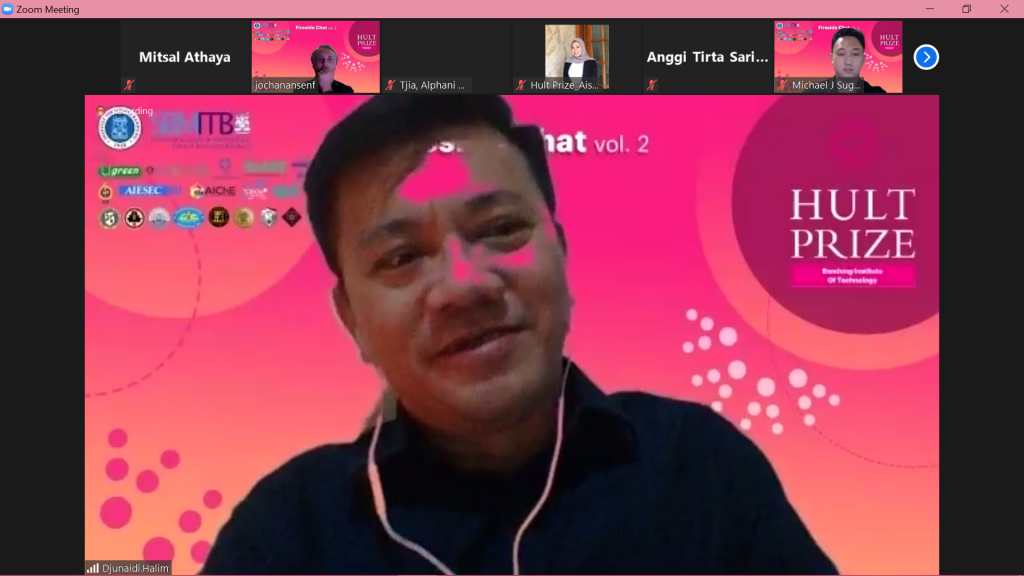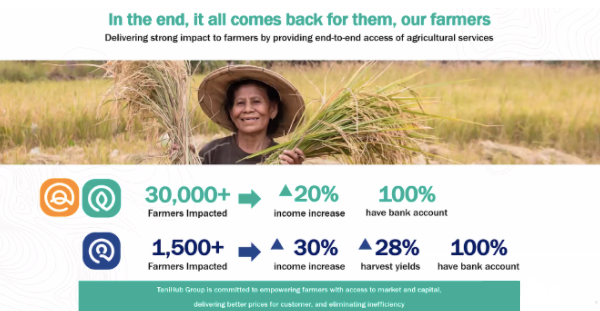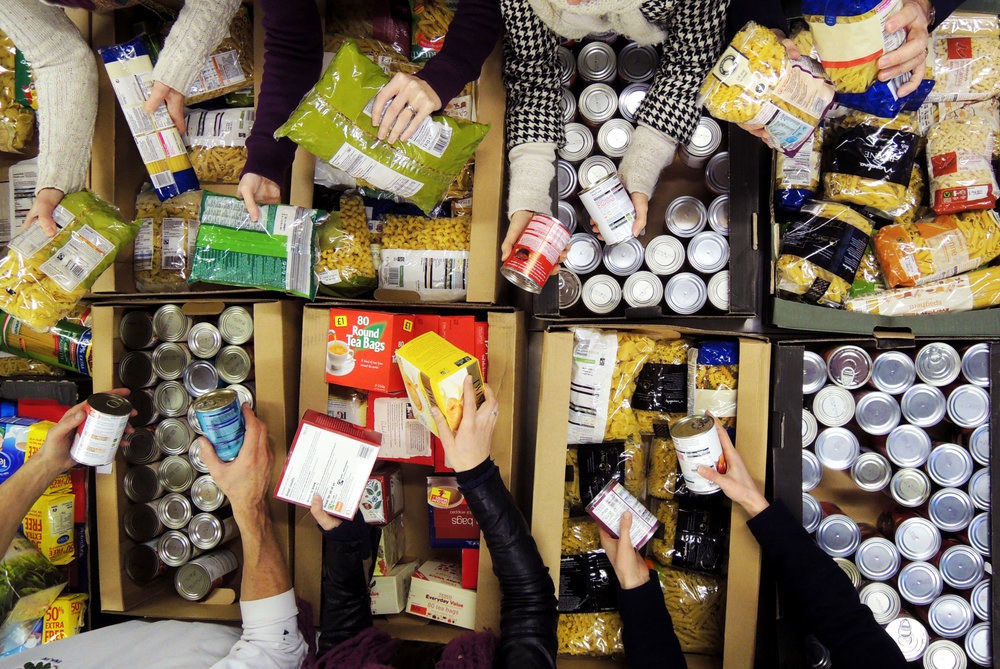Written by Student Reporter (Mitsal Athaya, Management 2022)
It is not uncommon for a country to have an imbalance of the food system—some people in the country may have too much while the rest may have too little food. “About 8.4 million children in Indonesia are stunted and/or suffer from chronic malnutrition. These issues affect the children of Indonesia such that they will grow to be less productive and increase the risk of contracting various diseases,” said Jochanan Senf, a member of the Board Directors of Unilever Indonesia (19/06/2020).
Djunaidi Halim, the R&D Director of GarudaFood, stated that it was GarudaFood’s priority to satisfy the needs of their consumers. He believed that Indonesia had an ideal climate for agriculture and considered it a comparative advantage. “GarudaFood ensures that the quality of the products we sell are at their best value as it is a key to fulfill the consumers’ satisfaction,” he claimed, “we commit to follow all the technology development to maintain the quality of the products while at the same time, increasing the level of productivity in times of production,” he added.
Unilever Indonesia and GarudaFood both agreed that the most challenging part of product development was understanding the demands of the customers. In addition, they said, it was also important to produce the right quantity, quality, and at the right time while keeping a good and appropriate relationship with the suppliers, in this case, local farmers. “To reduce this own challenge and difficulties, we developed a process, like other companies, to have an innovative process which is implemented during the brainstorming stage which involves all the departments within the company,” Djunaidi said.

Moving to second session, it went to discuss about the Food Supply Chain (FSC) as the operation process essential for a company to sell its food products. Food supply shortages have been one of the major problems being faced by some countries in the world, while countries with abundant resources tend to put them to waste. Michael Jovan Sugianto, Co-founder of TaniHub Group, and M. Farras, Co-founder and COO of DamoGO were invited to provide insights on the above issue.
Due to the increasing number of food wastes, Michael said, 5 million farmers had switched professions to jobs that were more promising in the past 10 years. He assumed that this could have led to shortages in the food supply chain and farmer segregation. Thus, Michael built the TaniHub Group to support farmers.
Meanwhile, Farras explained that we could have contributed by being aware of their situation and educated more people about this cause. Farras concluded with, “In the end, it is important to recognize the relevance of farmers as an occupation by appreciating them for putting food on our tables.”





